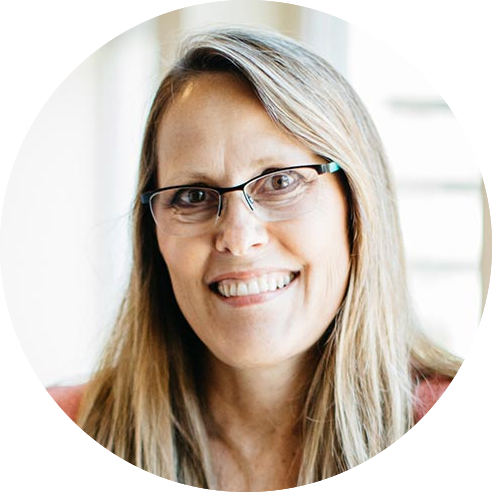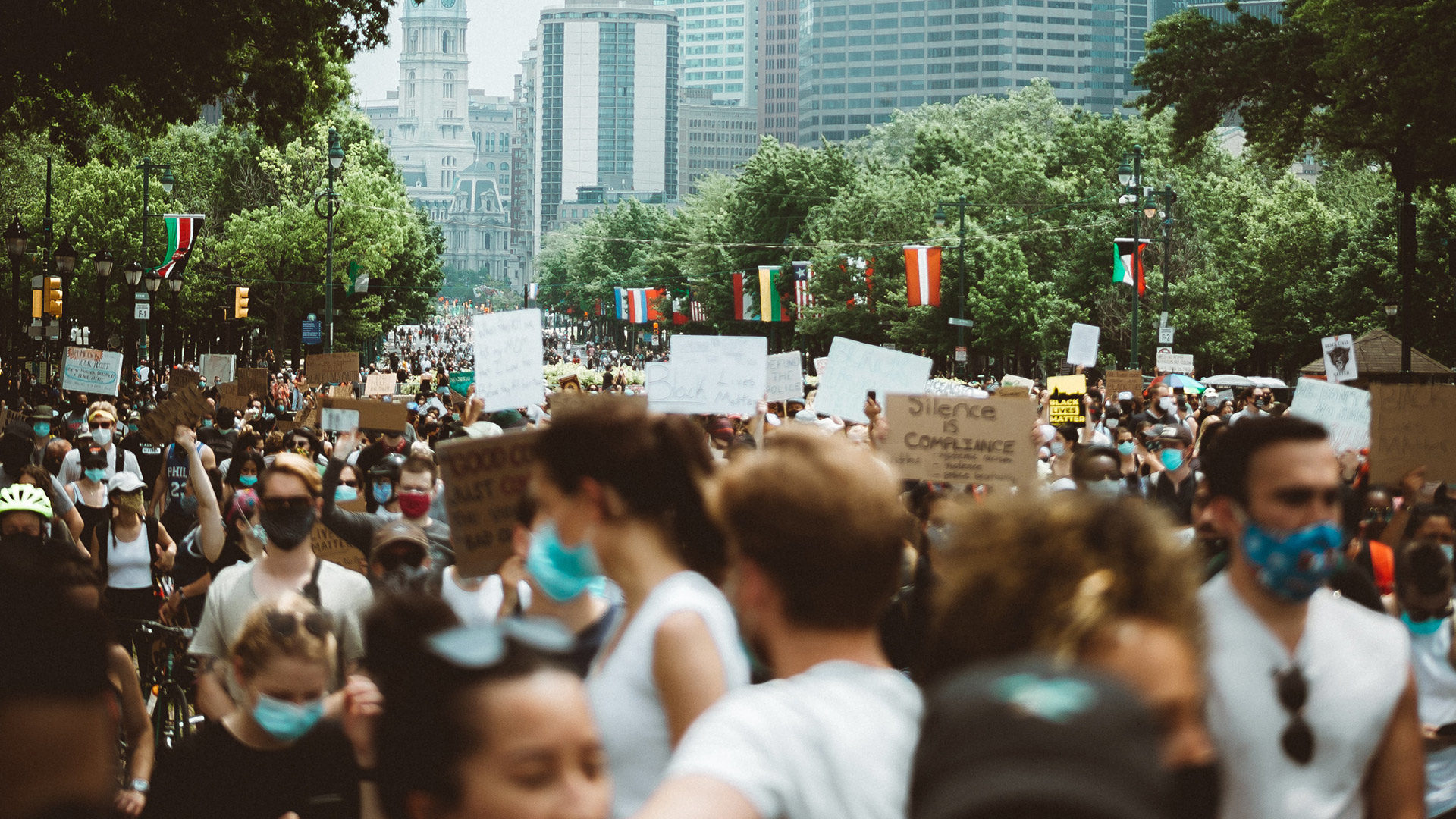When I returned from a week away around the Memorial Day holiday and learned of George Floyd’s murder at the hands of police officers, I sat in stunned silence and then I wept. There seems to be no end, no respite from the violence and oppression, no collective awareness, repentance, or change. I was preparing to teach my weekly ethics class, unsure of how to step into this moment with students and to engage with faculty at our regular meetings. My first thought was, “no, not again.” And then, “no, not another statement” from us as faculty about the latest experience of racial injustice. While these statements have been heartfelt and necessary in the past, this time it felt hollow. Perhaps due to the pandemic and months of isolation, this felt different—this moment of collective grief and outrage. Or perhaps, I could no longer think and hope that this one would be the last, that we would finally learn from the pain of these ongoing incidents of racial violence. This thought, this hope, that the last murder would really be the last, illuminates my white privilege.
As the poet Claudia Rankine describes in her New York Times op-ed piece, Black life is a condition of mourning. Our Black brothers and sister, mothers and fathers, sons and daughters don’t live with the thought or the hope that the latest act of racial violence will be the last. They know that the sin of racism in America is deep and long and face the reality of that daily in ways that I will never experience. As a White woman with unearned privilege, I have the “luxury” of being able to express my grief and anger without fear of reprisal or violence from those in power. I have the “choice” to engage or not engage. As Roberts and Rizzo 1 note in their recent article on racism in America, “power enables passivism.” White people—I—have been passive too long. This is where I must start—acknowledging my privilege and passivity, and grieving and repenting of that. And then I must take responsibility.
And my heart is still broken. Even as I write this, I am aware of so many Black, Indigenous, and Mothers of Color whose hearts have been broken at the deaths of their children under a system of racism and oppression, be that from violence or from neglect of our healthcare and social service systems. At a recent BLM protest, a White individual held a sign that read, “I understand that I don’t understand, but I stand with you.” So what does it mean as a White faculty member in a predominantly White institution to stand with? I start with my whiteness.
Individually and with others in my institution, I grieve and reckon with our place in this cultural moment. As a psychologist and an educator, I am called to lifelong learning. But that is just the starting place for me as White woman. A responsibility that comes with privilege is to speak out and act against the injustices that go back to our founding history in America. This is a process that will continue to unfold and take shape, both personally, in the classroom, and institutionally. Miguel De LaTorre states that “There can be no faith, in fact no salvation, without ethical praxis. To participate in ethical praxis is to seek justice” 2. I will continue learning, and I must also acknowledge the harms of our current systems and actively seek justice(Micah 6:8). Healing will occur in our communities as we take action. As a teacher, this action will include my commitment to continued research and personal learning, inviting voices of color and diversity in my syllabi and reading assignments, and working to make my classes and our institution places of safety and welcome for all students and employees.
It will get messy. It is messy! These are hard conversations to navigate and hold in our body/mind, but they must happen. It is especially difficult that most of these conversations must happen virtually, rather than with others in the same space. We are experiencing layers of collective trauma. We are confronting the brutality of systemic racism in addition to the isolation brought on by COVID-19. Anger, grief, fear, despair, uncertainty—these are all appropriate responses to pandemic and racial trauma.
Even though I may not fully understand, I grieve with the BIPOC communities. Our collective grief and action can lead to cultural shifts. We are not victims of our culture, we shape our culture. Text, soul, culture—this is a crucial part of our mission. I have much to learn, and I commit along with my colleagues and students to stay in these conversations and to continue the work of grief, self-reflection, and action. May this lead to a more loving, just and equitable culture—for all of us.
“The role of the teacher is not just to listen, to extend care and compassion, but also to wait in the silence of grief and concern for the notes of humanization to emerge and to amplify those notes so that a student can be reminded that they are, even in times like these, a being becoming, emerging. Even in this moment, even in pandemic and tragedy and fear, we are all nonetheless—and in some ways, more so than when comfort and peacefulness abide—in a process of becoming more human. As we are confronted by the aches and diseases of our culture, we can be reminded that culture is distinctly human, and so part of our common project.” Sean Michael Morris 3
Links that I have found helpful in learning/praxis/taking action:
- Resmaa Menakem’s Cultural Somatics online course
- Claudia Rankine, Citizen: An American Lyric
- Layla Saad’s workbook, me and white supremacy
- 100 Things White People Can Do for Racial Justice
References:
- Roberts, S. O., & Rizzo, M. T. (2020, June 25). The Psychology of American Racism. American Psychologist. Advance online publication. http://dx.doi.org/10.1037/amp0000642.
- De La Torre, M. (2004). Doing Christian ethics from the margins. Orbis Books.
- Morris, S. (2020). https://www.seanmichaelmorris.com/fostering-care-and-community-at-a-distance/.


